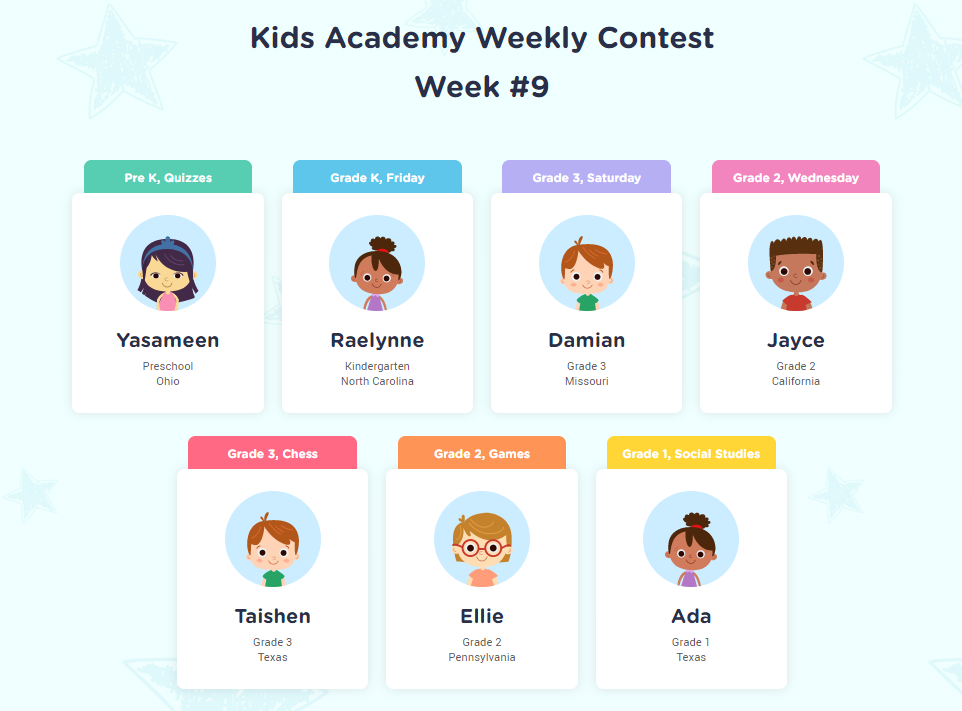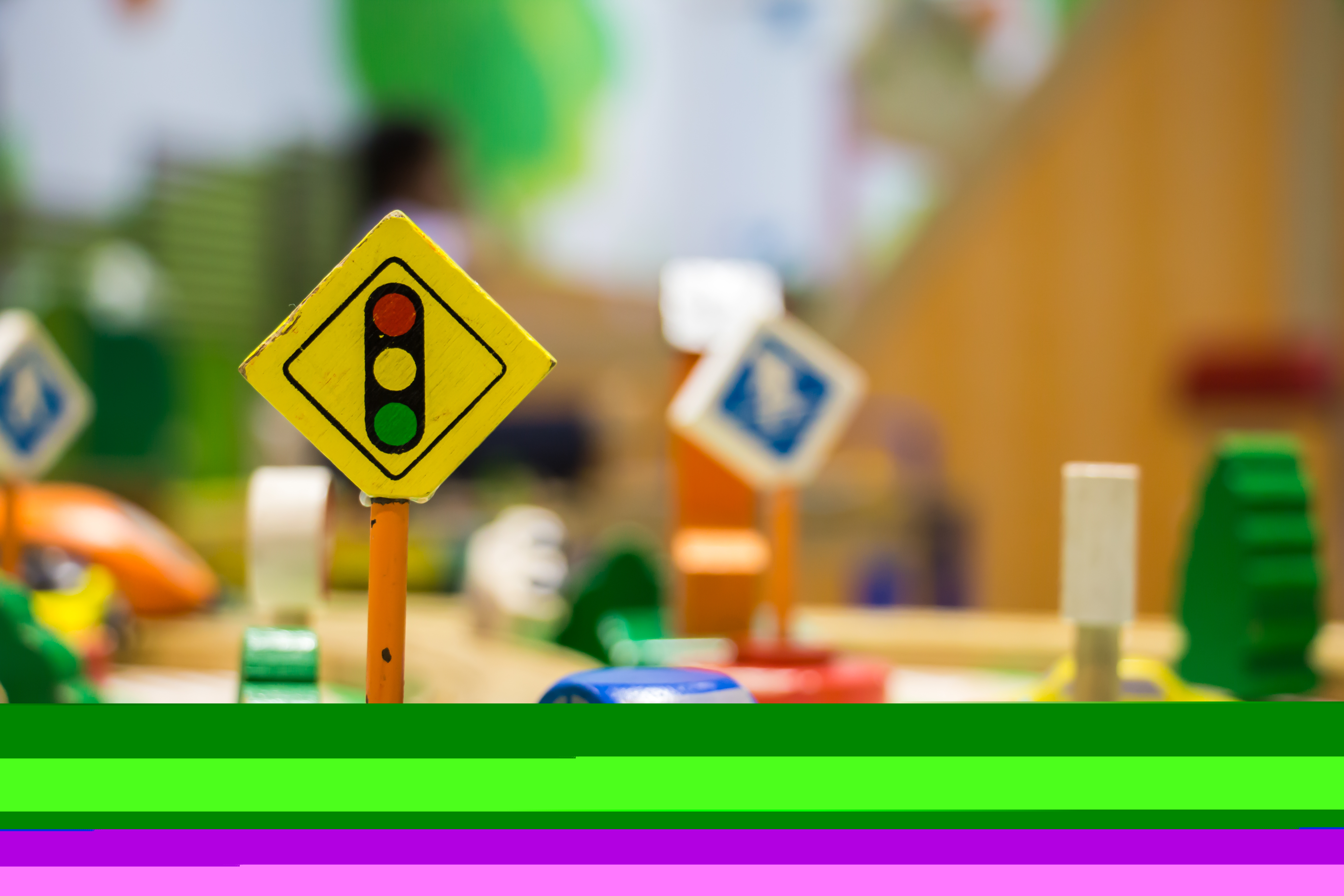Developing critical thinking Social Studies Worksheets for Ages 3-8
3 filtered results
-
From - To
Enhance your child's learning experience with our engaging "Developing Critical Thinking Social Studies Worksheets" designed specifically for ages 3-8. These thoughtfully crafted worksheets aim to spark curiosity and encourage independent thinking through creative activities focused on community, culture, and history. Children will analyze real-world scenarios, solve problems, and draw connections to the world around them. Our interactive approach not only makes learning fun but also helps develop essential skills for early critical thinking. Whether at home or in the classroom, these worksheets serve as a valuable resource to prepare young minds for future challenges. Start the journey of exploration today!
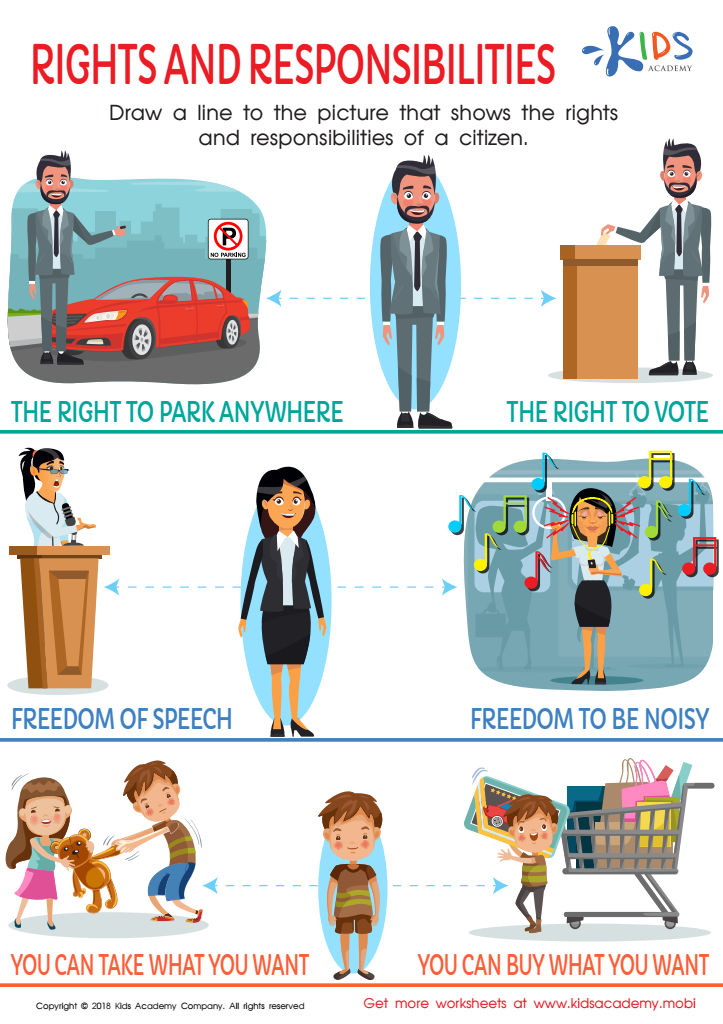

Rights and Responsibilities Worksheet
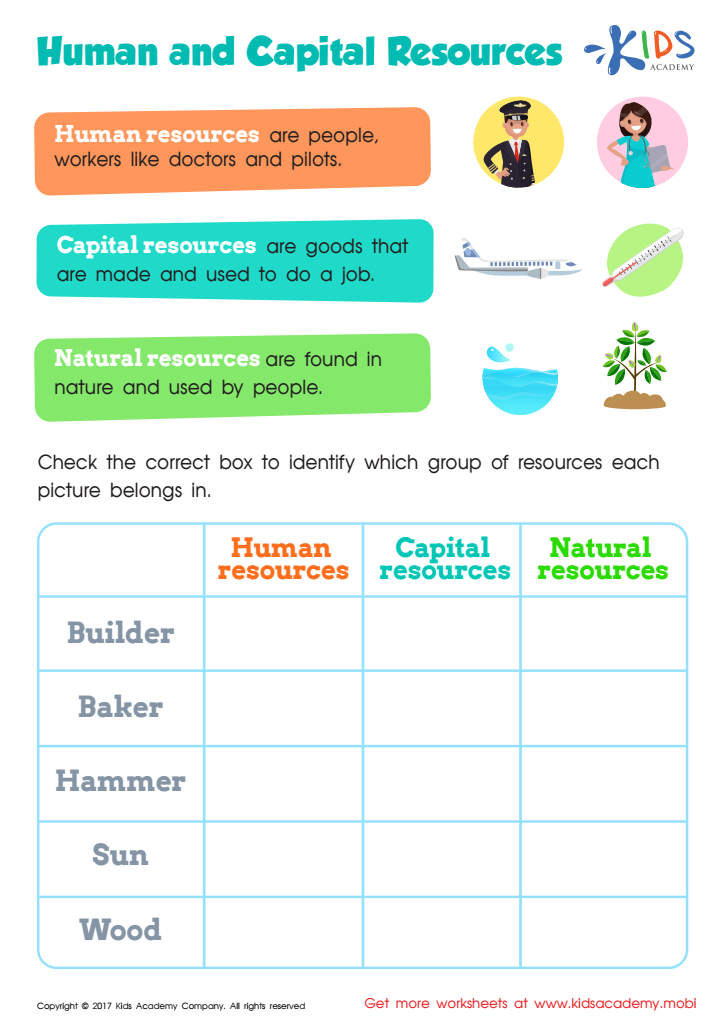

Human and Capital Resources Worksheet
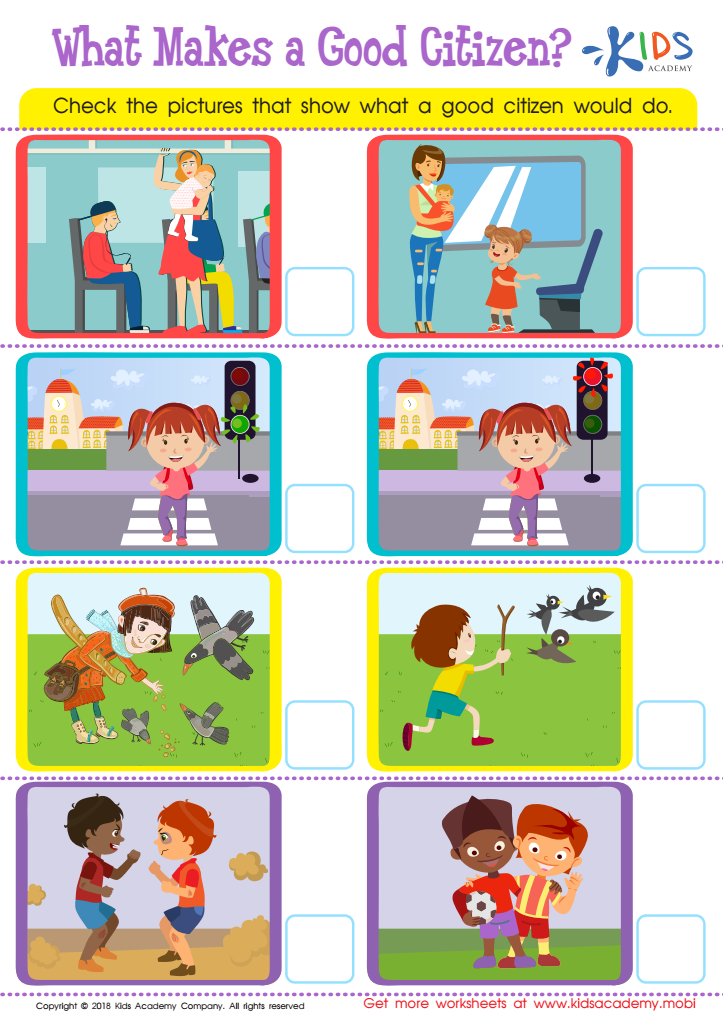

What Makes a Good Citizen? Worksheet
Developing critical thinking skills in young children, particularly through Social Studies, is crucial for their holistic development. For ages 3-8, these foundational years are when children begin to understand the world around them, making it an opportune time for parents and teachers to nurture their ability to think critically.
Critical thinking in Social Studies encourages children to ask questions, analyze information, and form their own opinions about society, culture, and history. This engagement promotes curiosity and helps children make connections to their own lives and communities. By exploring diverse perspectives, young learners develop empathy and respect for others, essential traits in today’s globalized world.
Moreover, fostering these skills lays the groundwork for informed citizenship, equipping children to navigate complex societal issues in the future. Activities that encourage critical thinking—like discussing local customs, exploring varying viewpoints on historical events, or engaging in community projects—make learning interactive and meaningful.
By prioritizing the development of critical thinking through Social Studies, parents and teachers directly contribute to children’s ability to analyze, question, and understand the world critically, ultimately shaping them into thoughtful and engaged citizens for years to come.
 Assign to My Students
Assign to My Students






